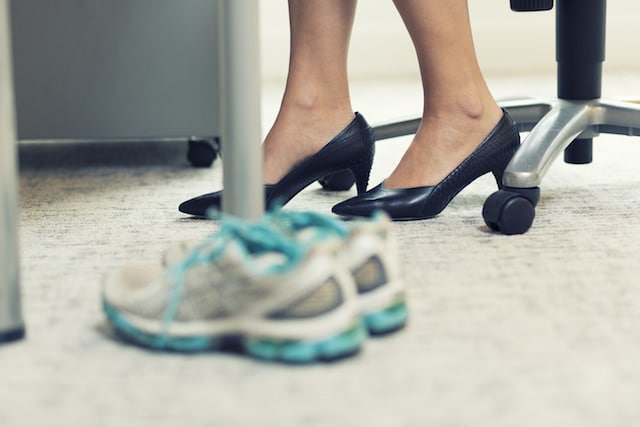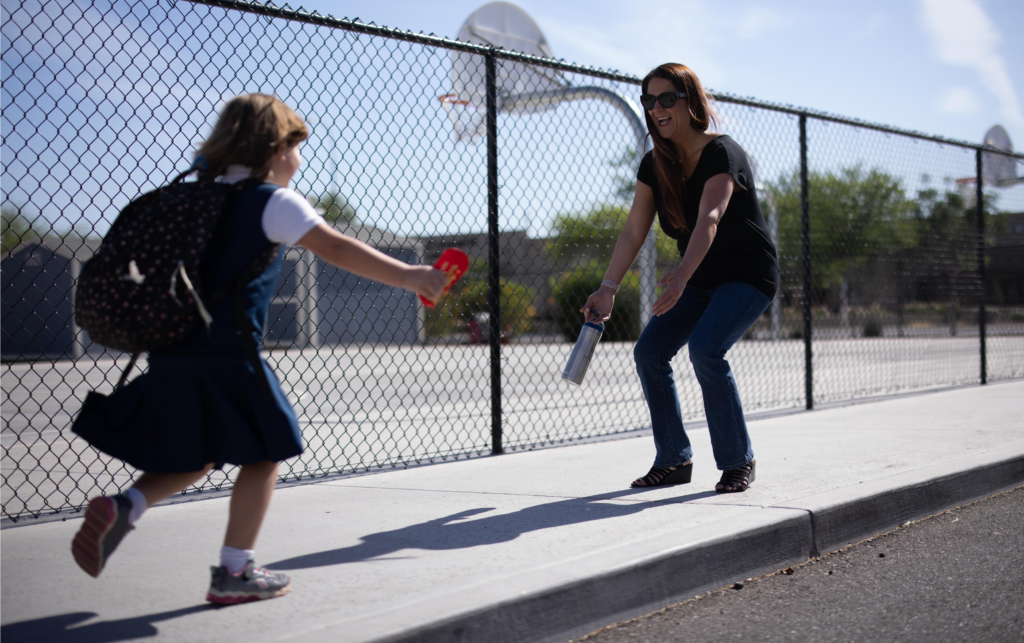For much of the workforce, the entirety of our weekdays are spent sitting at a desk in front of a computer screen. With only short intermittent intervals of walking from our desks to the break room and back, it’s no wonder workplace obesity rates are skyrocketing. Due to an increased reliance on the internet in recent years, more and more people are working in desk jobs as opposed to the rate of physical laborers a mere 50 years ago, impacting workplace health substantially.
Because we’re no longer putting in hard-labor hours, there’s been a drastic decline in calorie expenditure from the average worker. As opposed to a factory laborer or farmer, those of us working at a desktop are losing a significant amount of potential caloric output, and it’s having a hefty impact on our health. While our active laborer counterparts are burning hundreds of additional calories per day, those of us whose hardest strain is reaching for the computer mouse are left in their dust. You don’t need to change career paths to simultaneously lead a healthy lifestyle and manage a full-time desk job, though; all you need is a great strategy. Small changes add up, and with enough of them implemented, you’re golden.
1. Ask for a Standing Desk
If you don’t know what a standing desk is, it’s exactly what it sounds like – a desk that forces you to stand up instead of sit down! One of the most proactive ways to get yourself up and moving, the standing desk allows its users to burn around 30 extra calories per hour (comparing sitting while fidgeting and standing while fidgeting). It may sound miniscule, but the numbers add up. Just standing for half of the standard workday burns an extra 120 calories per day, 600 per week, and 31,200 per year — an extra 8.6 lbs of weight loss every year.
2. Sit on a Medicine Ball
If standing while at your desk isn’t quite your style, ditching that generic office chair for a yoga ball may be your solution. Sitting on a medicine ball is thought to improve stability (hence the name) and balance, constantly engaging your abdominal wall as you seat yourself on the ball’s surface.
3. Organize an Exercise Group
Whether “exercise group” means gathering a group of colleagues to walk around the building during your lunch break or physically organizing after-work active team building activities*, getting moving is the most important part. When you have others counting on you to be in a certain place at a certain time, you are far more likely to follow through with your promises to be active than if you were to try and do it on your own.
*Try forming a group to take a monthly Zumba class, go rock climbing, hiking, or whatever is attractive to you!
4. Turn your Meetings into Active Ones
Though it may not be as effective for larger group meetings, try moving your one-on-ones and collaborative project discussions outdoors. Invite others to meet at your desk and take a walk from there to not only get moving, but get your creative juices flowing too.
5. Start a Fitbit Challenge with your Coworkers
Many claim that they refrain from walking out of the office because they feel “out of place” or awkward”. If this is you, try connecting with others to form a FitBit challenge and get everyone in on the fun! When those around you are out and about, you’ll undoubtedly feel better about getting out of your own seat, as well.
6. Take the Long Way
Park in the back of the lot, take the stairs, and explore pathways other than your “usual” one! It’s small changes like these that end up making the biggest difference. Get out of your comfort zone, because that’s where change is made.
7. Bike or Walk to Work, if possible
If you live close enough to the office, strap on your helmet and get to work the green, healthy way! It’s feasible you may arrive earlier to work, too, not having to endure long lines of traffic.
8. Answer E-Mails through your Phone, and Walk while you do it
One of the beauties of smartphones is that they allow us the capability to answer messages anywhere and at any time. Take advantage of this and resolve to answer masses of e-mails or take calls while taking a walk, as to ensure maximum levels of activity.

















